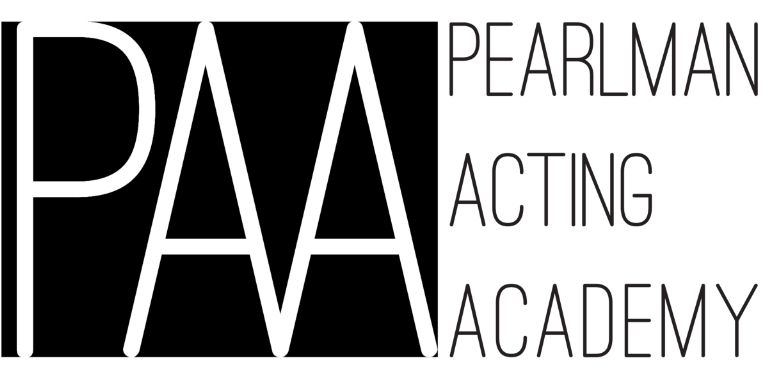As I’ve mentioned in previous articles, there is never a one-size-fits-all path to a successful acting career. The same can be said about most acting techniques: There isn’t a single method that works for everyone. The best acting coaches are those who empower their clients to ultimately be the creators of their own techniques.
One of the issues with being an actor is that you are often surrounded by other actors. It’s very akin to being in the trenches with other soldiers who all have limited intelligence of the situation at hand and are relying on ancient strategies of warfare along with lore and anecdotes of battle. Listening uncritically to the “advice” that other actors give is akin to giving up your power—something that is easy to do if you’re new to L.A. or NYC and are trying to get your start or tap into the larger acting community. Here’s why you should stop doing it.
1. It keeps you at the murky bottom. The murky bottom of the acting world is analogous to the celebrated ballet scene, “The Kingdom of the Shades.” This is a place where one’s very shadow can pose a threat to moving forward as this is often a fear-based environment and so much of the advice given actor-to-actor reflects this dynamic. The more aware you are, the more you can spot the baggage, insecurities, and uncertainties that taint their “guidance.” These fear fortified shackles can be contagious and can do a remarkable job of keeping your progress stalled—at best.
2. Residing in the murky bottom prevents your career from moving forward. I’ve heard actors spout all varieties of this form of “advice” and it ranges from not great to terrible. For example, I’ve heard actors say that it’s good for an acting to teacher to “break students down” because it creates thick skin—that’s just an excuse for abusive and subpar teaching. I’ve heard actors say that “casting director workshops are the best way to get ahead.” That’s just another manifestation of what I describe as “the herd mentality.” I’ve heard actors say that they just need to “be patient and my turn will come.” That attitude can too acutely set one up for a lifelong lethargic career where one expects opportunities to be presented on a silver platter.
3. It can make you believe in a narrow existence and even narrower possibilities. The main problem of all this fear-based, actor-to-actor advice is seen in its trite quality: Nearly all of it is tired, overused, and markedly lacking courage. Listen for the fear. If you hear any fear in their advice, it’s probably not advice worth taking. Much of this advice believes in constraints and narrowness rather than a wide range of possibilities. For example, actors will say:
- You can’t compete for major film and TV roles because you don’t have enough credits or the “right” credits.
- You can’t be signed by a top-tier agent or manager if you’re not SAG-AFTRA.
- Casting directors have the final say in casting.
Statements like these are false and serve only to prevent you from getting anywhere in this business.
4. If you’re living in the murky bottom, you can’t ever reach the club. The club is the polar opposite of the murky bottom. If you conduct your career with the “I’m a member of the club mentality,”you’ll notice big changes in how you think, what you believe to be possible, and what you are able to achieve. Members of the club aren’t afraid to take daring steps into the red mist in an attempt to get noticed, assert themselves as artists, turn down exploitative parts, and leave nasty, sadistic or damaging acting teachers.
Roles are won over lunch.
I help actors launch their careers by empowering them to pitch themselves for every role for which they’re right! You can compete for major film and TV roles even though you may not have a lot of credits. You can compete for SAG-AFTRA roles via “Taft Hartley” even though you may still be nonunion. The acclaimed TV director and producer, David Semel (“Homeland,” “American Horror Story,” “Code Black”) was a recent industry guest at my studio. One of my students asked him if he would consider casting an actor in a major role if they only had a few credits. His response was “Absolutely, of course I would.”
None of these realities are possible from the perspective of the murky bottom of the lake and the creatures that reside there.
5. It’s your job as a professional to screen all advice given. As actors, we are programmed to be direct-able. A good actor is one who takes direction. Stop taking notes from all your friends and colleagues. In other words: Don’t be that direct-able. Don’t water yourself down with everyone else’s opinions. Limit your list to only a few people who you trust—those who genuinely have your back—and when in doubt, defer to them. If you open yourself up to opinions from other actors, friends, and family, you begin to dilute your own vision and pick up on everyone else’s insecurities, etc.
Just as you had the courage to choose the difficult and beautiful path of being an actor, so you must adhere to that courage when it comes to turning a deaf ear to fear-based advice.
This article was originally posted on Backstage






